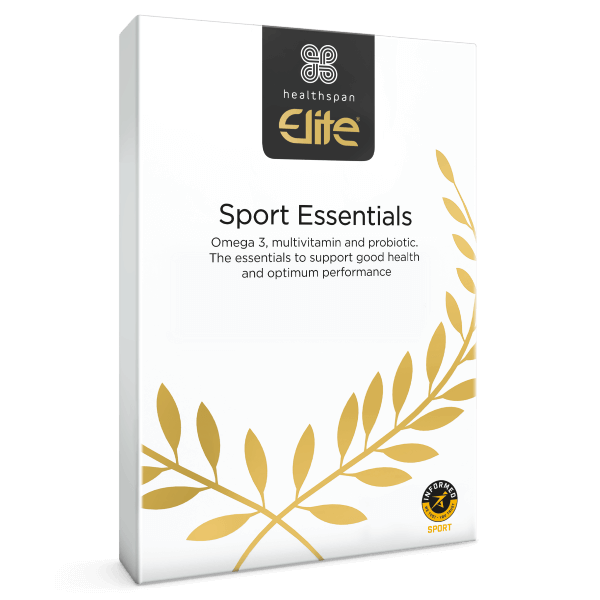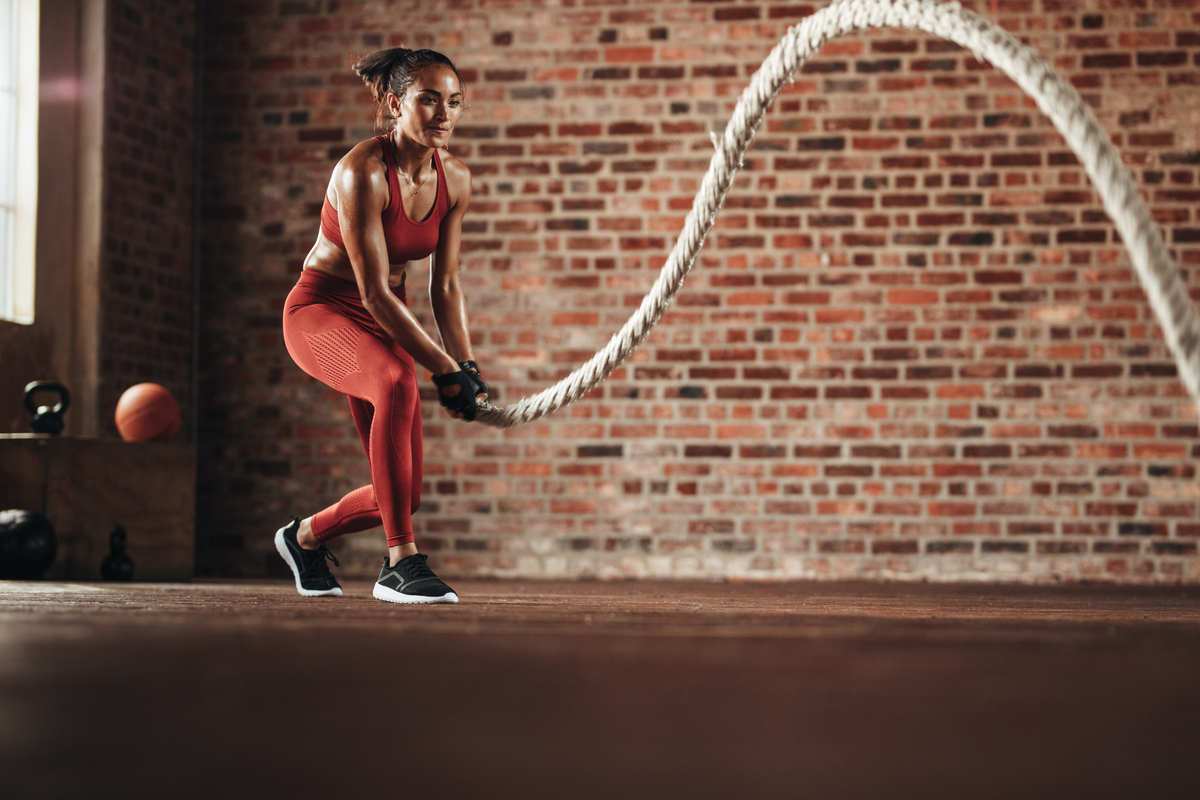All athletes want to achieve peak performance, becoming faster, fitter, and stronger. To attain this, they must follow a well-planned training and diet schedule and get adequate sleep. Rob Hobson looks at the specific impact of nutrition on female athletes.
Are there any nutritional considerations specific to women?
The basic principles of healthy eating apply to all athletes. Regarding performance, once the energy needs of an athlete have been established, their diet can be tailored to suit their needs. This includes establishing where these calories come from in terms of carbohydrates, protein and fats, and micronutrients (vitamins and minerals).
Historically, gender-specific nutrition guidelines have been lacking. However, a recent review published in the Journal of the International Society of Sports Nutrition offered some guidance to female athletes regarding food and supplements.1
The impact of hormonal health on women's health, training and performance
The impact of physiology on women's health, training and performance
Don't skimp on healthy fats
Fat is an important part of the diet and essential for maintaining sex hormone concentrations and absorbing fat-soluble vitamins. It has also been shown that among females adequate amounts of fat in the diet can help to sustain a normal menstrual cycle.2 Considering this, women should get at least 15% of their total calorie intake from healthy fats such as nuts, seeds, olive oil, eggs and avocado.
During the luteal phase of the menstrual cycle, elevated oestrogen levels lead to an increased reliance on fat oxidation (burning fat for energy). Female endurance athletes have also been shown to rely more on fat oxidation than males during endurance exercise.3
This suggests that to meet the increased demand for fat these athletes should increase their intake to around 20% of their total daily energy. Emphasis should also be placed on fat intake during the luteal phase of an athlete's menstrual cycle to support the increased reliance on fat metabolism.
The importance of omega 3
Omega 3 is important for health as it has been shown to reduce inflammation in the body, and individuals who consume more omega 3 seem to be less likely to be depressed.4 These essential fats are also important when trying to counteract the issue of RED-S (Relative Energy Deficiency in Sport, which can result from a chronic calorie deficit). RED-S can lead to amenorrhea (absence of menstruation) and lower bone mineral density.
Supplementation of 1-3g daily may be beneficial to help tackle the increase in inflammatory response seen in women after exercise, as well as reducing symptoms of depression and anxiety.

Elite Sport Essentials
Three essential supplements to support good nutrition and optimum performance
- Multivitamin, omega 3 and probiotic
- Convenient daily tear strips
- Supports energy levels, recovery and digestive health
Maintain good iron intakes
Iron is a crucial consideration for female athletes. Women, in general, have been shown to have low intakes of iron, putting them at greater risk of anaemia. Some female athletes are also at greater risk of iron deficiency.
These include:
- Athletes following restrictive diets such as veganism
- Athletes involved in sports with high amounts of repetitive ground strikes, such as long-distance runners
- Endurance athletes – training can cause antioxidant depletion and red blood cell damage
- Athletes with heavy menstrual bleeding
The UK RDA for iron in women is 14.8mg. However, given iron deficiencies are widespread among female athletes, it has been suggested that they consume 18mg per day.5 Vegan athletes should partner their iron-rich foods (beans, lentils, pulses, dark green leafy vegetables, nuts, and seeds) with foods rich in vitamin C to help with absorption.

Women need to take different nutrients into consideration when training, as their needs are different to men – or risk an impact on performance.
Maintain good intakes of calcium and vitamin D
Calcium and vitamin D are also important, especially for women during menopause or those known to have low bone density. Athletes should include 3-4 servings of calcium-rich foods in their diet daily to achieve an intake of 1,000mg per day. Supplementing with vitamin D is also essential, especially during the winter months.
Vegans should be aware of B12
Veganism is more popular among women, and maintaining a good intake of B12 is essential, particularly as this vitamin is found in very few foods. Low levels of vitamin B12 can increase the risk of anaemia, which can hamper performance. Vegan female athletes should consider a supplement to maintain good levels of this nutrient. Fortified foods can also help maintain a good B12 status.
Consider the effect of the menstrual cycle on protein intake
Protein is vital for all athletes, and it should be consumed after training and regularly across the day. Current advice on protein intake for athletes recommends 1.2-2g per kg of bodyweight.5 Research suggests that during the follicular phase of the menstrual cycle, female athletes increase their intake of protein to at least 1.6g per kg of bodyweight.6 It has also been suggested that protein intakes should be higher during the luteal phase, as increased progesterone leads to higher rates of protein breakdown.7
An individual approach
Women are physiologically different from men and have specific health needs.
More research is needed to fully understand the impact female health considerations have on performance. Still, given what is already known, coaches should take these differences into account to provide a truly individualised approach.








